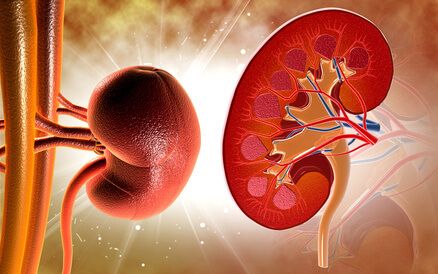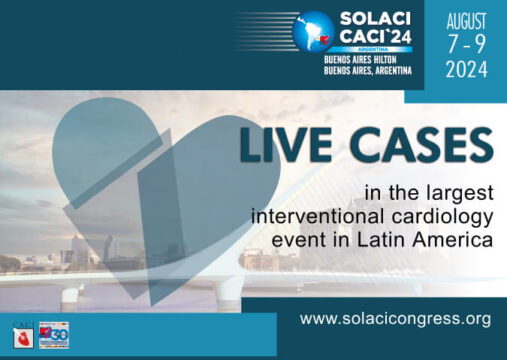Current guidelines recommend 12-month dual antiplatelet therapy (DAPT) after DES stenting for acute coronary syndrome (ACS) because of elevated MACE risk.

The development of more modern stents, with thin and ultrathin struts, compared against prior versions, has resulted in more effective devices in terms of stent thrombosis and restenosis.
Prolonged DAPT has been associated with more bleeding, especially digestive.
At present, there is evidence (from randomized studies and registries) to support the use of short term DAPT (1-3 months) to reduce bleeding. However, it has not yet been adopted after DES stenting for both acute and chronic coronary syndrome.
This meta-analysis included 5 randomized studies (REDUCE, RESET‐ACS, SMART‐CHOICE, TICO and TWILIGHT‐ACS) with a total 16781 patients. 8387 receiving 3-month DAPT (49.97%) and receiving 8394 12-month DAPT.
Read also: Invasive Myocardial Viability Indexes.
The groups were similar.
There were no differences between the strategies in MACE (RR: 0.92; 95% CI: 0.76–1.11), cardiovascular mortality (RR: 1.26; 95% CI: 0.38–4.17), all-cause mortality (RR: 0.92; 95% CI: 0.48–1.77), MI (RR: 0.98; 95% CI: 0.74–1.30) or stent thrombosis (RR: 1.30; 95% CI: 0.55–3.05).
3-month DAPT presented a significant reduction of major bleeding vs 12-month DAPT (RR: 0.53; 95% CI: 0.43–0.64).
Conclusion
In ACS patients undergoing DES stenting, 3-month DAPT reduces bleeding risk with no increase of other complications.

Dr. Carlos Fava.
Member of the editorial board of SOLACI.org.
Reference: Vijairam Selvaraj, et al. Catheter Cardiovasc Interv. 2022;100:1151–1158.
Subscribe to our weekly newsletter
Get the latest scientific articles on interventional cardiology





